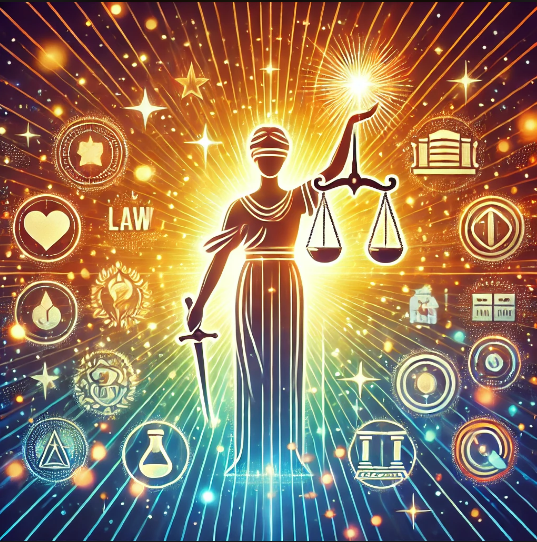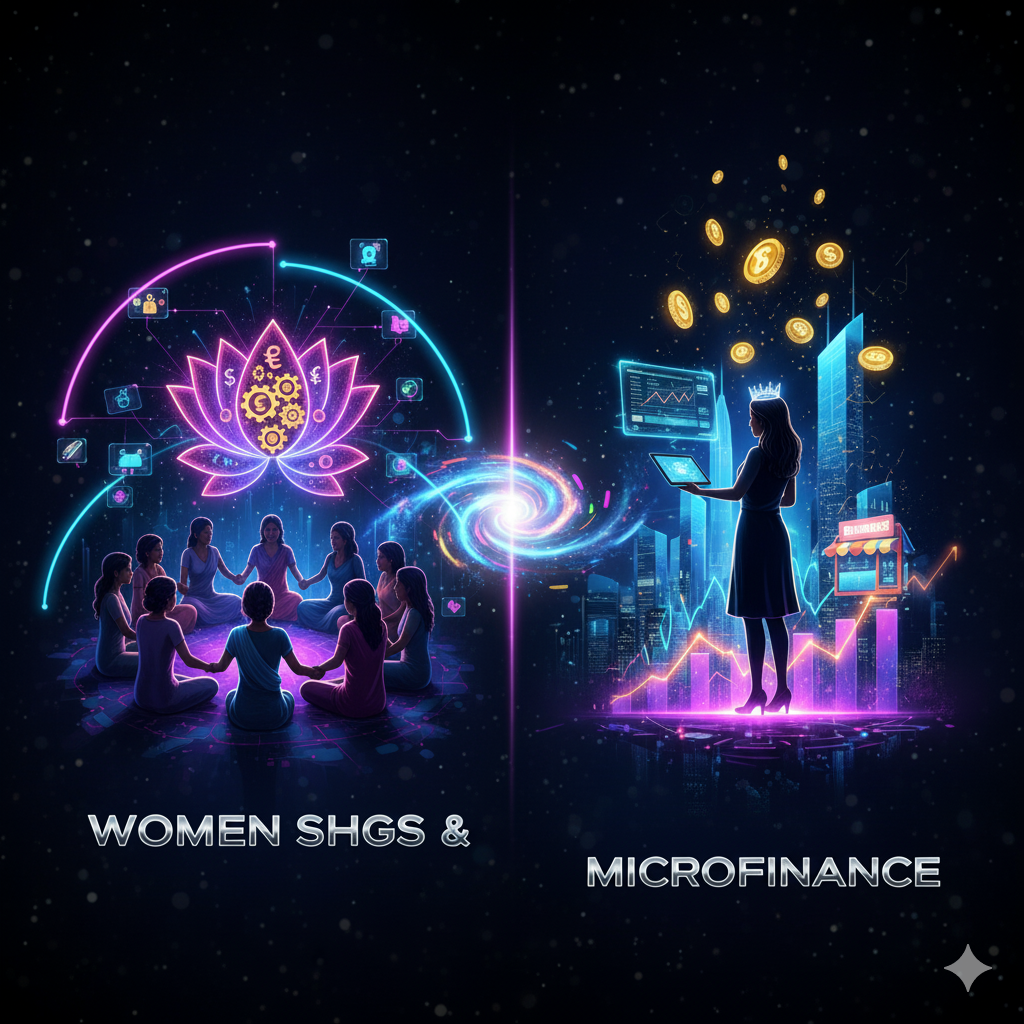Introduction
The field of public administration plays a crucial role in governance and societal well-being. It is often viewed as a technical and procedural function, but its core essence is deeply rooted in ethics and morality. The statement “Administration is a moral act and administrator is a moral agent” underscores the ethical responsibilities embedded in the practice of administration. It implies that every administrative decision, policy implementation, and governance activity is guided by moral considerations, and the administrators who execute these tasks act as moral agents responsible for ethical governance.
This essay explores the moral dimension of administration, the ethical responsibilities of administrators, and the significance of morality in public service. It will also highlight the challenges faced in maintaining ethical administration and suggest measures to strengthen the moral framework of governance.
1. Understanding Administration as a Moral Act
Definition of Administration
Administration is the process of managing and implementing public policies, ensuring law and order, and delivering essential services to citizens. It involves decision-making, resource allocation, conflict resolution, and public welfare initiatives.
Why Administration is a Moral Act?
Administration is not merely about executing policies but also about making ethical decisions that affect people’s lives. The moral aspect of administration can be understood in the following ways:
- Public Welfare Orientation: The primary goal of administration is to serve the public. Every administrative act impacts people’s lives, requiring moral considerations to ensure justice and equity.
- Fairness and Justice: Administrative decisions must be impartial and uphold the principles of fairness and social justice.
- Transparency and Accountability: Good administration demands honesty and openness in decision-making, ensuring that governance remains ethical.
- Public Trust: Ethical administration builds public trust in government institutions, strengthening democracy and social stability.
- Protection of Rights: Administrators play a crucial role in protecting individual rights and freedoms, reinforcing the moral foundation of governance.
Thus, administration is inherently moral because it affects society at large and requires ethical judgment in decision-making and policy implementation.
2. The Administrator as a Moral Agent
Who is an Administrator?
An administrator is a government official, public servant, or policy implementer responsible for managing and executing administrative functions. This includes civil servants, bureaucrats, and institutional heads who work towards effective governance.
Moral Responsibilities of an Administrator
As a moral agent, an administrator is expected to:
- Uphold Ethical Standards: Administrators must adhere to integrity, honesty, and ethical values in their duties.
- Ensure Justice and Fairness: They must make unbiased decisions that promote social justice and equality.
- Avoid Corruption and Malpractice: Ethical administrators resist corruption, nepotism, and favoritism.
- Promote Public Interest: Their actions should benefit the public rather than serve personal or political interests.
- Exercise Discretion Wisely: In situations where laws are ambiguous, administrators must use moral judgment to make just decisions.
- Respect Democratic Principles: Upholding constitutional values and democratic norms is a key moral duty of administrators.
Moral Dilemmas in Administration
Administrators often face ethical dilemmas where conflicting interests create challenges in decision-making. Some common moral dilemmas include:
- Conflict between Legal and Moral Obligations: Sometimes, laws may not align with ethical values, requiring administrators to choose between legal duty and moral righteousness.
- Political Pressure: Administrators may be pressured by political authorities to act against ethical norms.
- Resource Allocation: Deciding who gets access to limited resources requires moral judgment to ensure fairness.
- Whistleblowing: Exposing corruption within the system may pose personal and professional risks.
Despite these challenges, an administrator, as a moral agent, must adhere to ethical principles and uphold the greater good.
3. The Importance of Morality in Administration
a) Strengthening Good Governance
Ethical administration promotes good governance by ensuring transparency, accountability, and public participation in decision-making.
b) Building Public Trust and Confidence
When administrators act morally, people develop trust in government institutions, reducing cynicism and resistance to policies.
c) Reducing Corruption and Abuse of Power
A strong moral foundation in administration prevents corruption, bribery, and favoritism, ensuring that government resources are used for public benefit.
d) Ensuring Sustainable Development
Moral administration supports long-term development by prioritizing environmental sustainability, social welfare, and economic justice.
e) Protecting the Vulnerable Sections of Society
Moral administrators advocate for marginalized communities, ensuring that governance remains inclusive and equitable.
4. Challenges in Maintaining Moral Administration
Despite the importance of morality in administration, several challenges hinder ethical governance:
- Political Influence: Administrators often face pressure to act in favor of political leaders, compromising ethical standards.
- Bureaucratic Corruption: Corruption within administrative structures weakens the moral fabric of governance.
- Lack of Accountability: Weak accountability mechanisms enable unethical practices to persist.
- Complex Regulations: Ambiguous laws and bureaucratic procedures may create loopholes for unethical decision-making.
- Ethical Relativism: Different cultural and social perspectives on morality may create conflicts in ethical governance.
5. Strengthening the Moral Framework in Administration
To ensure ethical administration, the following measures can be implemented:
a) Ethical Training and Sensitization
Administrators should be provided with regular training on ethics, moral reasoning, and integrity to strengthen their ethical decision-making capabilities.
b) Strict Anti-Corruption Mechanisms
Robust legal frameworks, independent anti-corruption agencies, and strict penalties for unethical practices should be enforced.
c) Transparency and Public Participation
Encouraging public involvement in governance and ensuring access to information can prevent unethical decision-making.
d) Whistleblower Protection Laws
Laws that protect whistleblowers can empower administrators to report corruption and unethical practices without fear.
e) Strong Leadership and Role Models
Ethical leadership sets a precedent for administrators to follow. Leaders who demonstrate moral integrity inspire ethical conduct at all levels of governance.
f) Merit-Based Appointments
Ensuring that administrative positions are filled based on merit rather than political favoritism strengthens ethical governance.
Conclusion
The statement “Administration is a moral act and administrator is a moral agent” highlights the ethical foundation of governance. Administration is not just about rules and procedures but about making morally sound decisions that impact society. Civil servants and administrators act as moral agents, entrusted with the responsibility of ensuring justice, fairness, and ethical governance.
Despite facing numerous challenges, administrators must remain committed to moral values and ethical decision-making. Strengthening ethical training, enforcing anti-corruption laws, promoting transparency, and fostering ethical leadership are essential to maintaining a morally sound administration. Only through moral governance can a society achieve true progress, stability, and public welfare.




